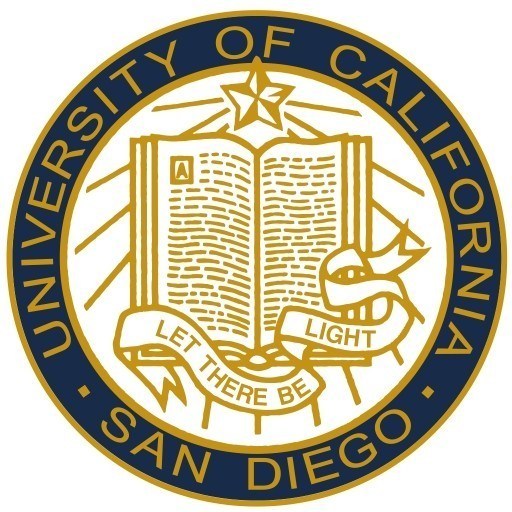Photos of university / #ucsandiego
Description
The UC San Diego Graduate Program in Economics has long been recognized for the strong preparation its students receive in econometrics and microeconomic theory. During the last few years, our Department has expanded dramatically, with rapidly growing strengths in macroeconomics and applied microeconomics. Among the fields we now cover are behavioral economics, development, environmental economics, finance, labor economics, international trade, IO, macroeconomics, political economy, and public finance, in addition to econometrics and microeconomic theory.
Another important strength of our Department is the close contact between graduate students and faculty. In contrast to many departments, our first year core courses are staffed by leading faculty members so that on your first day at UCSD you will begin studying with top figures in the economics profession. The Department also promotes faculty-student interactions through summer research grants with an advisor, conducts a special workshop for third-year students in which faculty members supervise the initial stages of dissertation research, and organizes a series of lunch-time seminars specifically devoted to early-stage research presentations by graduate students.Contents
Core Courses include:
- Microeconomics
- Macroeconomics
- Econometrics
- Computation
Requirements
- GRE General Test
- English Proficiency Exam
- 3 Letters of Recommendation
- Statement of Purpose Requirements
English Language Requirements
IELTS band: 6.5 TOEFL iBT® test: 77Want to improve your English level for admission?
Prepare for the program requirements with English Online by the British Council.
- ✔️ Flexible study schedule
- ✔️ Experienced teachers
- ✔️ Certificate upon completion
📘 Recommended for students with an IELTS level of 6.0 or below.





